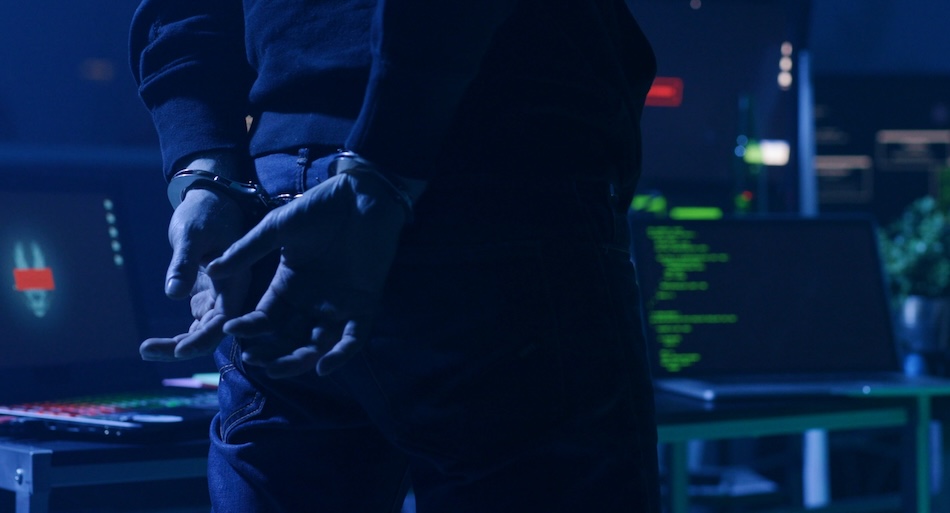
The U.S. Department of Justice (DoJ) has announced the extradition of Evgenii Ptitsyn, 42, a Russian national accused of masterminding the Phobos ransomware operation.
Following his extradition from South Korea, Ptitsyn appeared in the U.S. District Court for the District of Maryland earlier this month, facing a litany of charges related to hacking and extortion schemes that reportedly netted over $16 million in ransom payments.
The global reach of Phobos ransomware
Phobos ransomware, under Ptitsyn's alleged direction, targeted over 1,000 victims across various sectors, including corporations, hospitals, schools, nonprofits, and even critical infrastructure. Ptitsyn is accused of overseeing the malware distribution to affiliates, who in turn executed the attacks, stole data, encrypted systems, and demanded ransom payments. Victims were reportedly left with no choice but to pay or face devastating consequences, including exposure of their sensitive data to the public.
According to court documents, Ptitsyn operated under the online aliases “derxan” and “zimmermanx” to sell access to the ransomware via darknet forums. Affiliates paid fees to receive decryption keys necessary for unlocking compromised systems, with payments funneled through cryptocurrency wallets allegedly controlled by Ptitsyn.
The indictment reveals that Phobos ransomware's success relied on stolen credentials and advanced encryption techniques. Victims often received chilling ransom notes on their infected systems, followed by direct threats through emails and phone calls. The scheme's profitability stemmed from its affiliate-based model, ensuring that even lower-level operatives paid substantial fees to access the tools.
Facing a long prison term
South Korea's Ministry of Justice played a pivotal role in apprehending Ptitsyn, working alongside law enforcement agencies in Japan, Europe, and the United States. The investigation also involved contributions from Europol, the FBI, and other international partners.
Between December 2021 and April 2024, investigators traced cryptocurrency payments to wallets linked to Ptitsyn, exposing his role as a key administrator in the operation.
Deputy Attorney General Lisa Monaco commended the collaborative effort, stating, “Evgenii Ptitsyn allegedly extorted millions from thousands of victims and now faces justice thanks to the ingenuity of law enforcement agencies worldwide.”
U.S. Attorney Erek L. Barron emphasized, “This extradition sends a clear message to cybercriminals everywhere: it's only a matter of time before justice catches up with you.”
The unsealed indictment details 13 charges against Ptitsyn, including:
- Wire fraud conspiracy
- Conspiracy to commit computer fraud
- Intentional damage to protected computers
- Extortion related to hacking activities
If convicted, Ptitsyn faces up to 20 years in prison for each wire fraud charge, 10 years for each computer hacking count, and five years for conspiracy-related offenses.







Leave a Reply